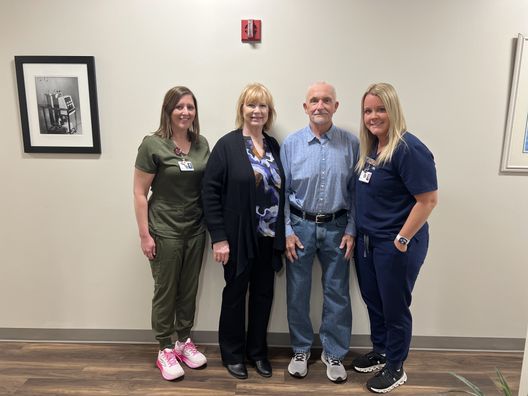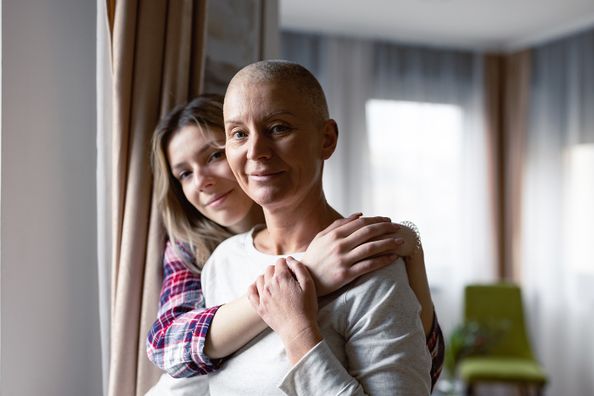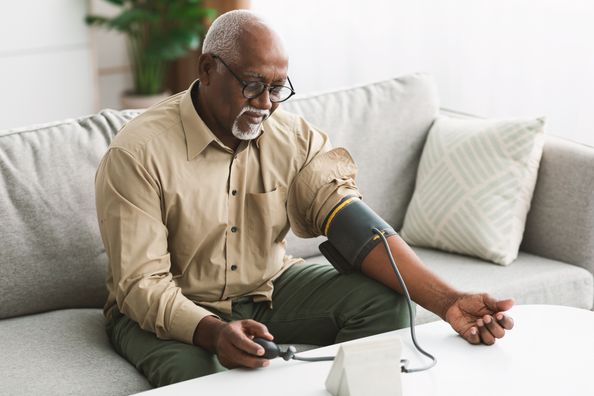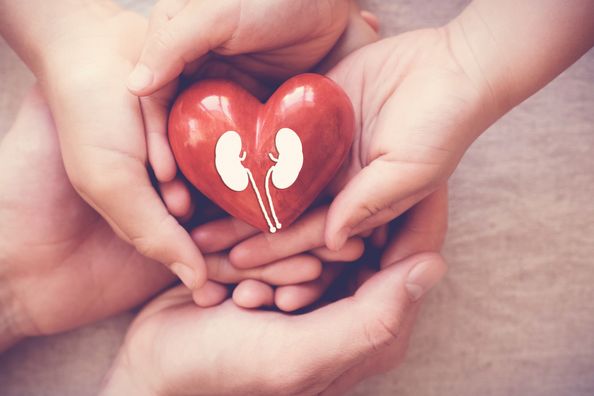When Gerald wasn’t feeling well on his birthday in November 2023, his wife, Therese, could sense something was deeply wrong. They had known for months that his kidney function was declining, but neither of them anticipated how quickly things would escalate.
What followed was a terrifying stretch of weeks. Gerald was hospitalized with kidney and lung failure, placed on a ventilator, and started on dialysis. While he was in the hospital, Rishi Ghanekar, MD, nephrologist and hospitalist with Quincy Medical Group (QMG), began working to uncover the root cause of Gerald’s illness.
After a series of tests and a kidney biopsy, Gerald was diagnosed with microscopic polyangiitis — a rare autoimmune disease that attacks small blood vessels, often affecting the kidneys and lungs.
Following his discharge, Gerald began in-center dialysis, which he continued for nearly five months, three times a week. Though the treatment helped manage his disease, his quality of life suffered.
“While I’m incredibly thankful for that treatment — it kept me alive — I was really struggling with it,” he said. “After every session, I felt sick and nauseous. Just when I’d start to feel better, it was time for the next treatment.”
That’s when the couple learned about peritoneal dialysis (PD), a home-based treatment option offered by QMG. Though uncertain at first, they met with Laikyn M., a dialysis registered nurse at QMG.
“We honestly didn’t know much about it at first. We were skeptical. But then we got a call from Laikyn at QMG and decided to come in and meet with her. I told Therese, ‘Let’s just hear what they have to say,’” Gerald said.
Peritoneal dialysis (PD) is a method of removing waste and excess fluid from the blood when the kidneys can no longer do so. Unlike traditional hemodialysis, which typically takes place at a clinic using a machine to filter the blood, PD can be done at home using the body’s natural processes.
After meeting with Laikyn, they quickly realized it was the right option for them.
“Within 10 – 15 minutes, we were completely convinced,” Gerald said. “The professionalism of the team, the knowledge they shared — it put us at ease. We quickly realized that not only was this an option, it was the right one for us. I went from wondering if we should do it to asking when we could start.”
The change, the couple said, was immediate — and remarkable.
“Once he started home dialysis, the difference was incredible,” Therese said. “He wasn’t sick after treatments anymore. We could do the treatments at night, which gave him the next day back. It gave us our life back.”
The couple had a strong support system at QMG, including not only Laikyn, but also Dr. Ghanekar; Dan Evans, MD, FACP, nephrologist; Ashley H., dialysis registered nurse; Angie Z., dialysis coordinator and registered dietitian; and Shari R., social worker.
“The support from QMG’s dialysis department was incredible. It wasn’t one person — it was a network,” Gerald said.
One of the biggest benefits? They could travel again — something they had missed deeply.
“The system is portable, so we didn’t have to try to coordinate treatment centers in different cities. We just packed the equipment and went. We could live our life again,” Gerald said.
Today, Gerald no longer needs dialysis. His kidneys have recovered enough that his catheter was recently removed.
“I’m off dialysis now,” he said. “I believe the reason I was able to stop is because the home dialysis didn’t completely take over for my kidneys. It supported them while they healed. My kidney function gradually improved, and now I’m doing okay without it.”
Gerald and Therese know that PD isn’t the right fit for everyone — but they want people to know it’s worth exploring.
“When people hear the word ‘dialysis,’ they’re scared. And I get it — it’s overwhelming,” Gerald said. “But you do have choices. For us, this was the right one.”
They recognize that everyone’s journey is different, but they hope their experience brings hope to others facing a similar experience.
“It wasn’t just about staying alive — it was about living,” Gerald said. “It gave us hope. It gave us life. And we’re just incredibly grateful.”
To learn more about the QMG Dialysis Center, click here.
Health Topics:







